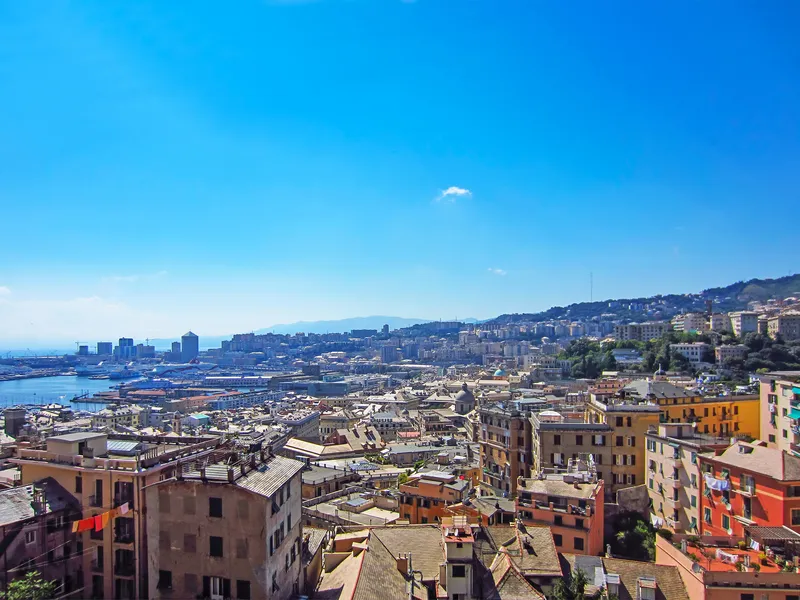The Indian government has appointed the UK-based Urban Light Transport PRT (ULTra PRT) to study the feasibility of operating driverless pod taxis at Gurgaon in Haryana state of India.
January 25, 2012
Read time: 1 min
The Indian government has appointed the UK-based Urban Light Transport PRT (1680 Ultra PRT) to study the feasibility of operating driverless pod taxis at Gurgaon in Haryana state of India. The government is planning to build 143 stations along a 105-km route with 3,150 pod taxis to provide its service initially. The pod taxis will run on elevated tracks in the city and will be guided by laser.
ULTra PRT (originally Advanced Transport Systems Ltd) began developing the system in 1995, in association with the University of Bristol. The ULTra system emerged from systematic engineering analysis as the optimum solution to urban transport problems.
ULTra PRT (originally Advanced Transport Systems Ltd) began developing the system in 1995, in association with the University of Bristol. The ULTra system emerged from systematic engineering analysis as the optimum solution to urban transport problems.









